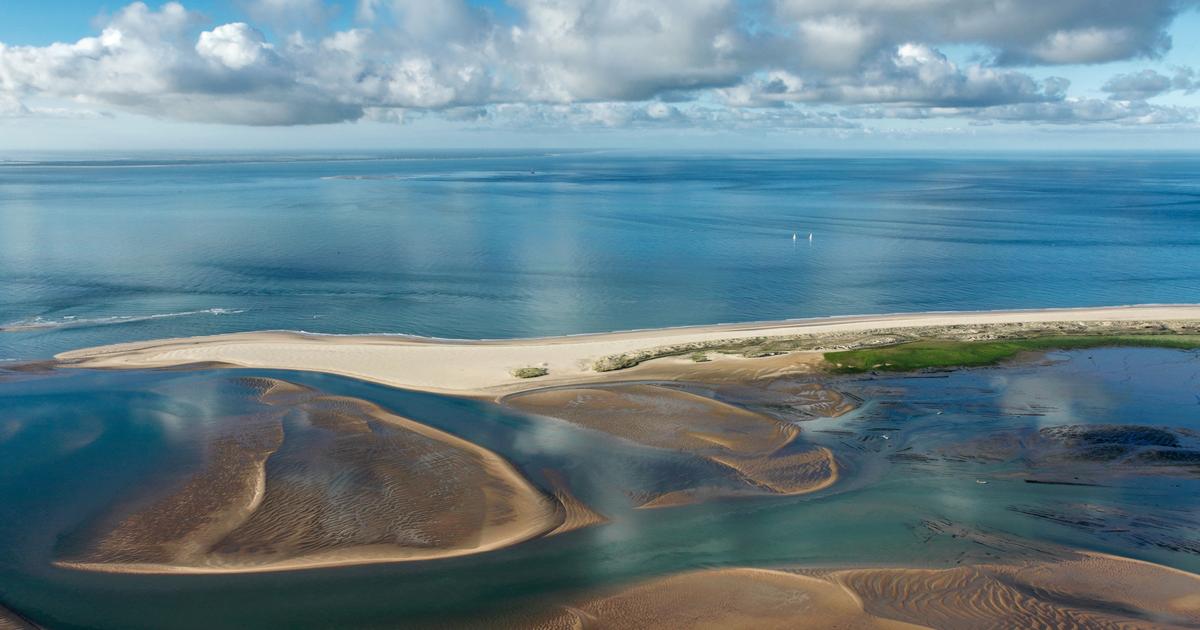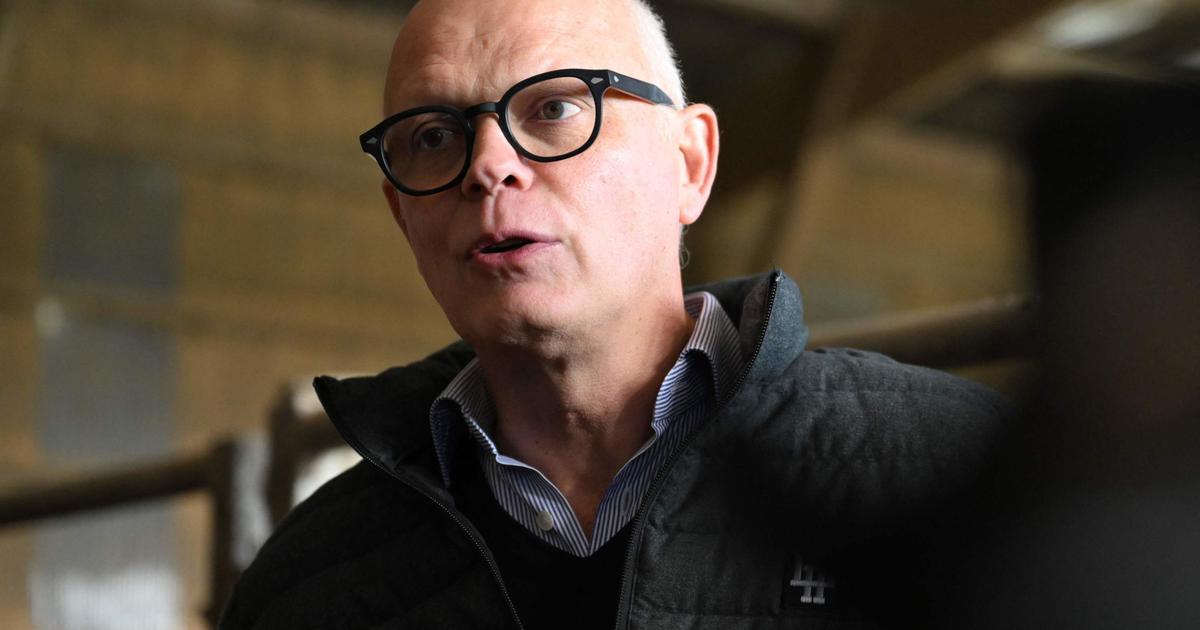Head of the Team One agency, a consulting group in communication strategy for sports players, Philippe Spanghero sheds powerful light on the real situation of French professional rugby.
He calls for measure by making a finding that is much less alarmist than that of the actors.
Impactful.
To discover
Calendar and results Top 14
Ranking Top 14
Le Figaro.- Professional rugby immediately reacted to the return of the gauges in the stadiums by affirming that this measure will “hit the clubs hard” and “have heavy economic repercussions”…
Philippe Spanghero.
This is the case yes. But the situation is very vague. The 5,000 spectator gauge may be a lesser evil for professional rugby clubs. Their economy is mainly based on partnerships, which represent more than 50% of their budget. With this gauge, a priori, the clubs can continue to provide hospitality services for companies. With a big question mark. For the most part, these services are cocktails, drinks standing. I do not see how rugby could obtain an exemption from this rule which prohibits it in bars and restaurants. However, without these benefits, the clubs will immediately go into the red. Another point must be mentioned. Last year theThe vast majority of partners and many supporters have made a great effort by not claiming reimbursement of services. We cannot ask them for such an effort again ...
Financially, the professional clubs of Top 14 and Pro D2 are in what state?
The state has played its role extremely well.
The aid has made it possible to fully offset the Covid impact, it must be welcomed.
The publication of the annual accounts shows that the majority of clubs - rugby but also in other professional sports - have not posted such good results for a long time.
Between aid, cancellations of social and employer contributions, partial unemployment, most have had a better year than those where the competitions were held normally.
Which leads to some questions about the role of the state ...
Which ones?
Wasn't he too generous at one point?
“You can't always bring the blanket to yourself.
The amount of aid allocated to certain clubs owned by billionaires can, from an ethical point of view, be disturbing.
"
Philippe spanghero
The president of Stade Toulousain, Didier Lacroix, had alarmed, in our columns in the spring of 2020, on the risk of bankruptcy of his club.
Had he done too much in catastrophism?
Yes. With, it is true, an exceptional sporting year (
European and French champion, editor's note
), the Stade Toulousain ends its 2020-2021 financial year by being significantly profitable, which had not happened for a while. It is therefore complicated to continue to say that you are on the edge of the abyss having had such a good financial year, by announcing the contract extensions of major players (
Dupont and Baille until 2027, Marchand until 2028, Editor's note.
) wages at the top of the scale. You have to stay consistent.
Read alsoPhilippe Spanghero at Figaro: "To get by, rugby will have to establish player transfers"
The League, however, is already calling for "new support for clubs will be essential to compensate" for the loss of revenue ...
There is the famous no matter what. So close to the elections, it is difficult for the government not to show special attention. Afterwards, if we analyze professional rugby, most of the clubs are owned by large groups or great captains of industry who have weathered the crisis very well, who have also received financial assistance from the State for their other activities. Today, it therefore amounts to sounding the alarm bells for one of their subsidiary, the rugby club. This is the reality. Everyone needs help at this time, but we have to maintain a form of decency. You can't always bring the blanket to yourself. The amount of aid allocated to certain clubs owned by billionaires can, from an ethical point of view, be disturbing.
“BMP repayments in the spring can have a far from neutral effect on budgets.
"
Philippe spanghero
What do you mean ?
In an emergency, the government couldn't do it on a case-by-case basis, but I think it would have been better. Some rugby clubs needed more financial assistance than others… Please note, rugby is in difficulty with this health situation, it is even the sport that suffers the most, I do not dispute it. It will therefore be necessary to help him a little. But we must be reasonable, abandon this recurring catastrophism. The patrons of rugby have very significant financial means which allow them to overcome this new storm. Most clubs are not on the edge of the abyss… We must make the public authorities aware of the consequences for our sport, but with restraint, by being reasonable. We are still talking about a lot of money, paid by taxpayers. If itis to pay the salaries of players who earn a lot - 30, 40, 50,000 euros per month -, it is advisable to be sober in the communication.
Read alsoDidier Lacroix: "At the Stade Toulousain, our goal is not to live under the umbrella of the State"
The clubs have also been helped by State Guaranteed Loans (PGEs). But it is debt that they will have to repay and which will soon expire ...
During the first wave, in March-April 2020, the clubs all strengthened their cash flow with these PGEs.
These loans have enabled them to secure their finances with a deferred repayment over two years.
We're getting there soon.
Will the state and the banks agree to postpone these deadlines?
It is not certain.
And these reimbursements can have a far from neutral effect on budgets, it's true.
“I find it hard to believe that the health situation will have changed enough in three weeks to immediately return to full gauges.
It will certainly be done gradually.
"
Philippe spanghero
The government has announced the return of the gauges for three weeks. Over a short period of time, the impact will be more measured.
We're talking about three weeks for now.
It's short.
I find it hard to believe that the health situation will have changed enough within this period to immediately return to full gauges.
It will certainly be done gradually.
I also underline that this situation is unlivable in the daily management of the clubs.
There is a permanent reorganization with the evolution of health rules.
If these gauges extend beyond three weeks, they will impact the Six Nations Tournament, which begins in February. With what consequences for the French Rugby Federation?
They can be dramatic. The deal signed at the start of the year with the CVC investment fund brought in a lot of cash (
the FFR will receive around € 15 million per year for five years for the concession of television and commercial rights, Editor's note
). But this money was intended to revive the dynamics of amateur rugby, the number of licensees, and to replenish equity hard hit by the health crisis. If the matches were to be played in front of 5,000 spectators instead of 80,000 (
France-Ireland and France England are already sold out, Editor's note
), the FFR would find itself without any financial margin ...
Read also
Health gauge: worried but pragmatic French sport
Are the other sports - football, but also basketball, handball… - really less impacted than rugby?
Yes. There are two different cases. The business model of professional football is essentially based on TV rights. Even in partial gauge or behind closed doors, matches are contested, so there is no impact on their main source of income. Visibility for the partners - ads on the shirts and around the lawn, etc. - is also preserved. Basketball and handball have a bit of the same model as rugby, with “match day” income. But when you have 4,000 spectators on average and you go to 2,000 (
the indoor gauge, Editor's note
), the dead losses are less than when you go from 15,000 to 5,000 spectators.
Stade Toulousain, for example, had left for a sold-out season, with 19,000 tickets sold per match.
That's 14,000 less with the gauge.
In terms of economy of scale, it has nothing to do ...
“I do not understand the consistency of this fixed gauge, and not in percentage.
The government is making a mistake.
"
Philippe spanghero
Exactly, how to justify a fixed gauge and not a percentage of stadiums as claimed by the clubs?
This is clearly a mistake. The government does not advance any argument to justify its choice, which is difficult to understand. And if a new gesture of the State in favor of the clubs is granted, it will cost mathematically more expensive to the taxpayers in fixed gauge. Compensation will be at much greater heights. I do not understand the consistency of this fixed gauge ...
Another danger awaits rugby. Many matches are starting to be postponed and there are only a few fallback dates. What financial consequences if we had to cancel meetings altogether?
You can quickly get into an inextricable situation. If we have to sacrifice a competition, it will be the European Cup. But again, Stade Toulousain will defend it more than Castres Olympique for example. These are not the same financial consequences according to the European ambition of the clubs. All presidents will therefore not fight in the same way to save the European Cup.
Last subject. The government has announced that as of January 15, non-vaccinated professional athletes will no longer be able to access the stadium. This only concerns 2% of the professional rugby workforce, but can clubs consider dismissing these players so that they no longer have to pay their salaries?
Today, a company does not have the right to impose vaccination on its employees, nor to dismiss them for this reason.
But certain sectors of activity, in contact with the public, have been imposed with different rules.
Will rugby be considered as such, with a derogatory status which will offer this latitude to clubs?
It's to do.
This could create a case law.















